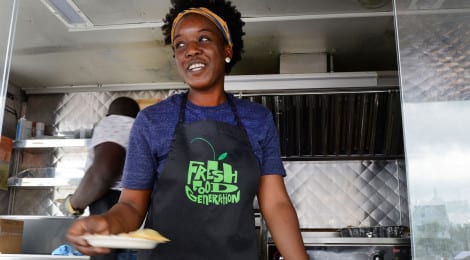
Grantee Profile
New England Farmers Union
Among Washington’s power brokers, legislators from the Midwest and Plains hold special sway over agriculture matters. They shape the laws that shape much of what and how we eat.
But New England farmers and fishermen are working together across state lines to bring their voice into the national policy conversation.
It’s this regional approach that lies at the core of the strategy embraced by the members of the New England Farmers Union (NEFU) and its NEFU Education Foundation, new non-profits affiliated with the 110-year-old National Farmers Union and supported by the Henry P. Kendall Foundation.
“Farmers and small boat fishermen don’t have a strong voice in Washington D.C. when it comes to federal agriculture and fisheries policy, and our states are too small alone to have much clout in the arena,” says Annie Cheatham, NEFU executive director. “By combining forces, we have a better chance to get heard in the discussion. Federal policy is critical to sustainability of our farms and small fishermen because the regulations written and the resources disbursed by the federal government have a big impact on our economy.”
Annie added that “regional equity” means everything to farmers in New England because the U.S. Department of Agriculture distributes soil conservation funds using regional ratios.
“If we lost ‘regional equity’ language in the farm bill conservation programs, New England soil and energy programs would be stripped bare,” Annie says. “Resources are limited throughout government, and this determination of regionalism makes it possible for our states to receive a portion of funds that support innovation and environmentally sustainable practices on New England farms.”
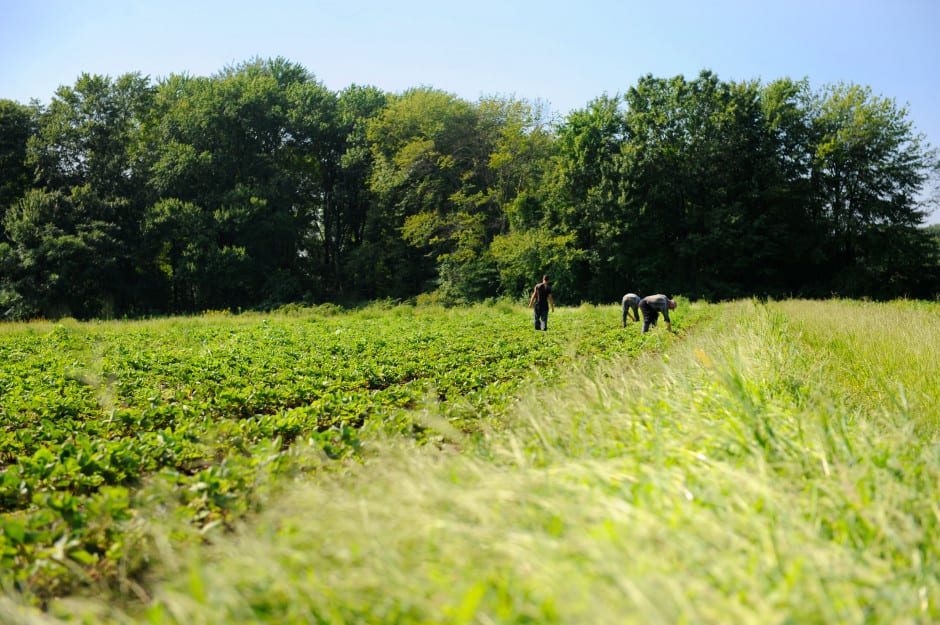
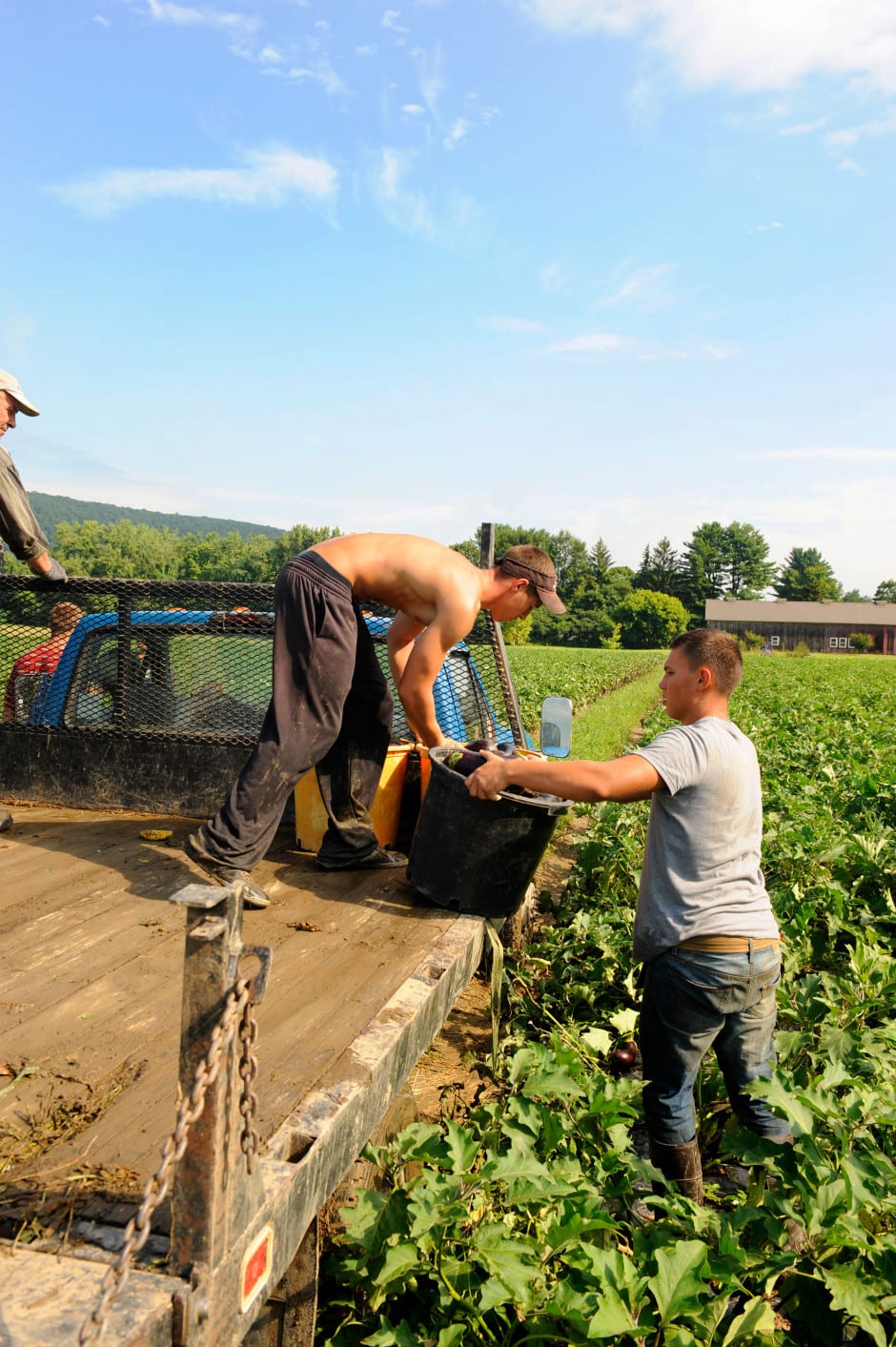
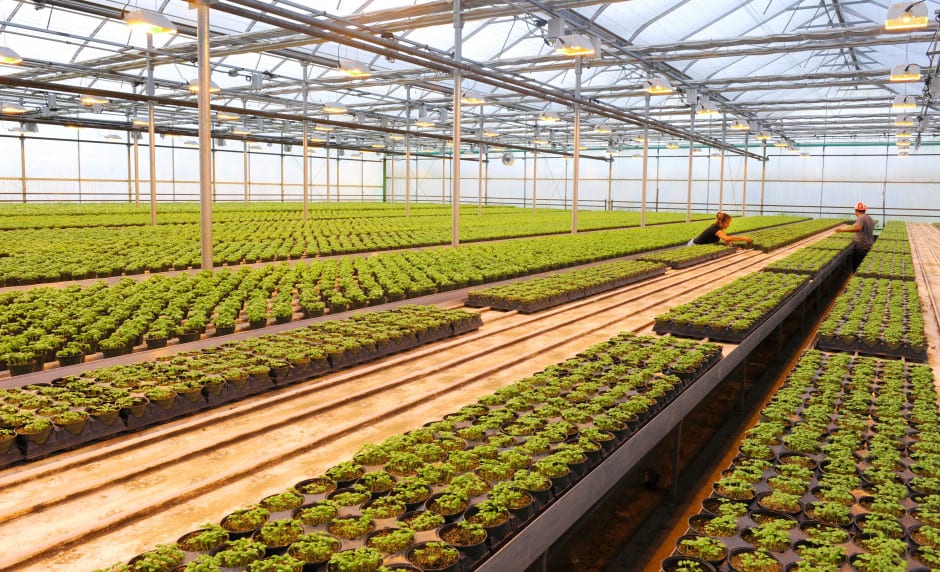
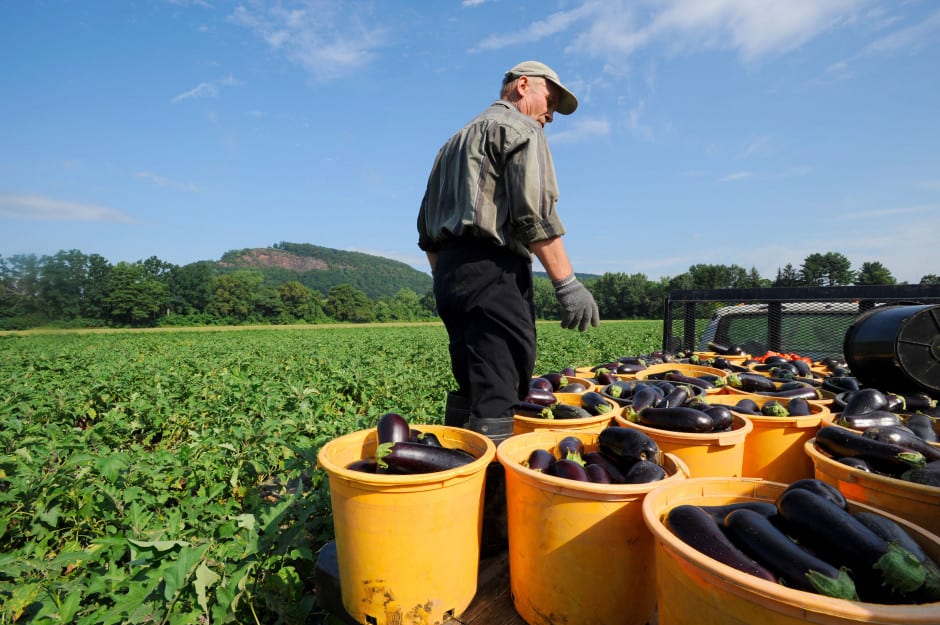
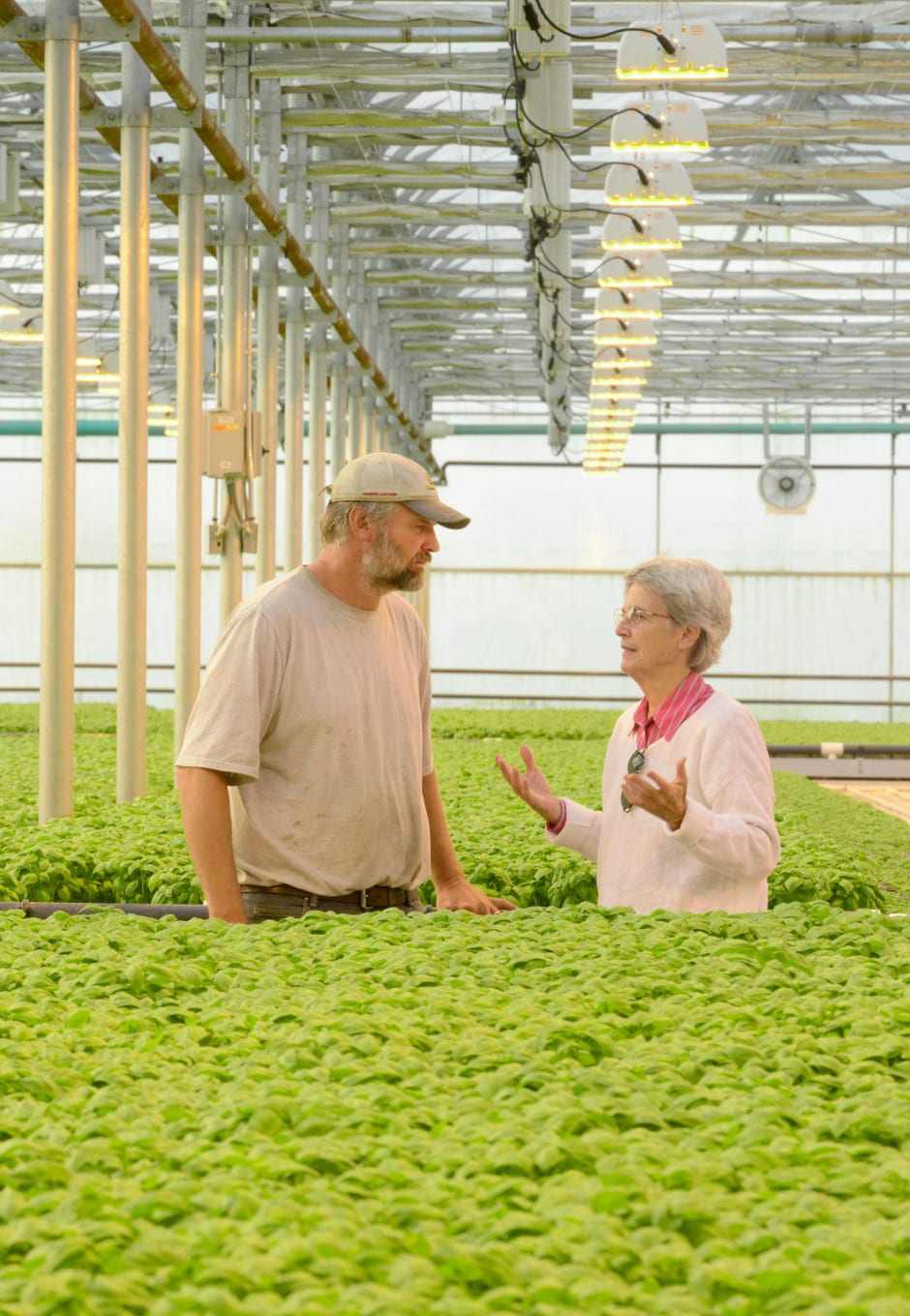

Making sure the region has its say was especially important for Roger Noonan, who owns and operates Middle Branch Farm in New Hampshire. The concerns of his small organic family farm might be lost in the shuffle as national legislators shape important legislation, such as the farm bill.
By working through the New England Farmers Union, however, Roger feels he has a greater voice when speaking up for small- and medium-sized farmers who share his values. He’s now vice president of NEFU’s board of directors.
“I did not see an organization out there advocating for certain policies in the farm bill debate that would have a positive environmental or social outcomes – until I came across the Farmers Union,” Roger says. “Holy smoke, I thought! They share the same values and ideas I have. Like me, the Farmers Union believes our country can support sustainability, including profitability, for our family farms.”
NEFU provides a voice for farmers and fishermen closer to home, too, in forums where food policy is debated.
Roger recalls a meeting of activists, policy experts and others promoting local food sustainability, so that by 2060, 80 percent of the food eaten by New Englanders would be grown in New England. Of more than a hundred people in the room, only four were farmers.
Thankfully, New England Farmers Union was at the table, representing its 1600-plus members. Roger likes that “NEFU serves as a kind conduit to funnel this information back to the farmers.”
Kendall’s support will allow NEFU to connect more farmers and fishermen with each other and with consumers who want to support regional agriculture and fisheries. The hoped-for result: a region-wide voice with more power in Washington, and a region-wide movement fostering greater cooperation in New England.
Learn more: New England Farmers Union
Federal policy is critical to sustainability of our farms and small fishermen because the regulations written and the resources disbursed by the federal government have a big impact on our economy.

